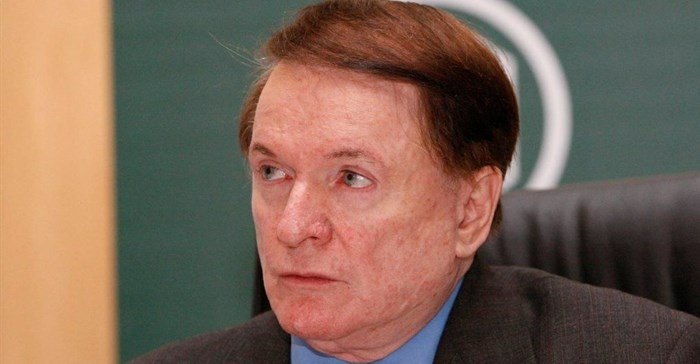
Top stories






More news


















The expected accession of Deputy President Cyril Ramaphosa to the presidency now paves way for better economic prospects for South Africa. “It marks the end of a period of political and policy uncertainty in which South Africa sacrificed considerable potential growth. State capture and widespread corruption have sapped economic performance. In particular, public finances and those of state-owned enterprises have deteriorated badly over time,” says Professor Raymond Parsons, North West University School of Business and Governance economist.
Will Malusi Gigaba deliver the Budget Speech on 21 February? There is no doubt that many of Zuma’s cronies will find themselves unemployed once Ramaphosa takes the reins, one of which is the incumbent finance minister. Regardless of who delivers the speech, it is the content that will help the country avoid universal junk status, stabilise public finances and promote growth.
“A credible budget needs to rest on the foundations of new leadership and political stability if the economy is to be successfully turned around,” says Parsons.
“Policy certainty needs to be restored to the economy. This could be cumulative, just as its decline has been, and therefore beginning the process through political change is half the battle. The change in the top leadership of government creates the prospect of higher economic growth and employment, supported by policies which are growth-oriented, rather than patronage-driven,” he says.
“Much higher growth and investment levels are necessary if South Africa is to successfully address the continuing challenges of unemployment, poverty and inequality. The rand has continued to react favourably to the latest political outcomes which, if sustained, will reduce inflation as well as inflationary expectations, and thus might encourage the South African Reserve Bank to lower interest rates later this year.
The latest political developments could now restore business confidence in ways which might lift SA's growth rate closer to 2% in 2018/19. But for pressing social-economic reasons the economy needs much higher growth rates over 3% in the longer term, underpinned by structural reforms. With new political leadership has come new hope but it needs to be backed by real reforms which will boost South Africa’s economic performance sooner rather than later,” Parsons says.